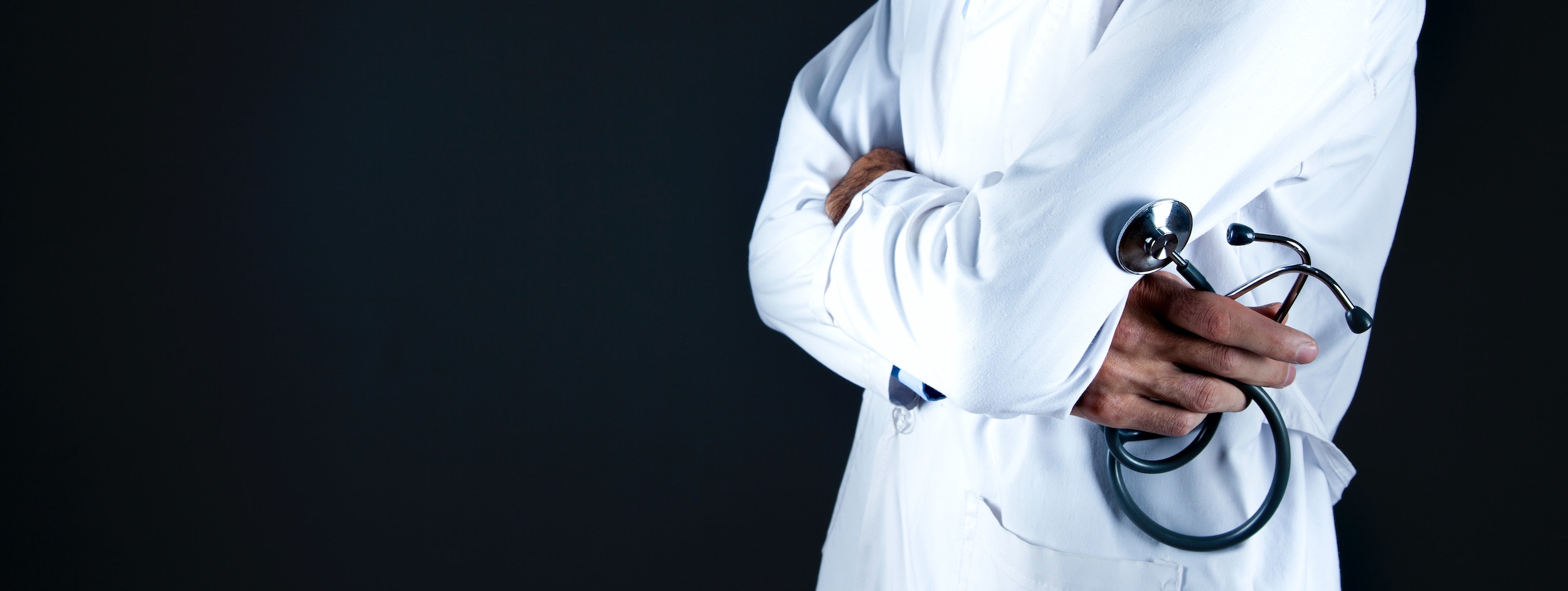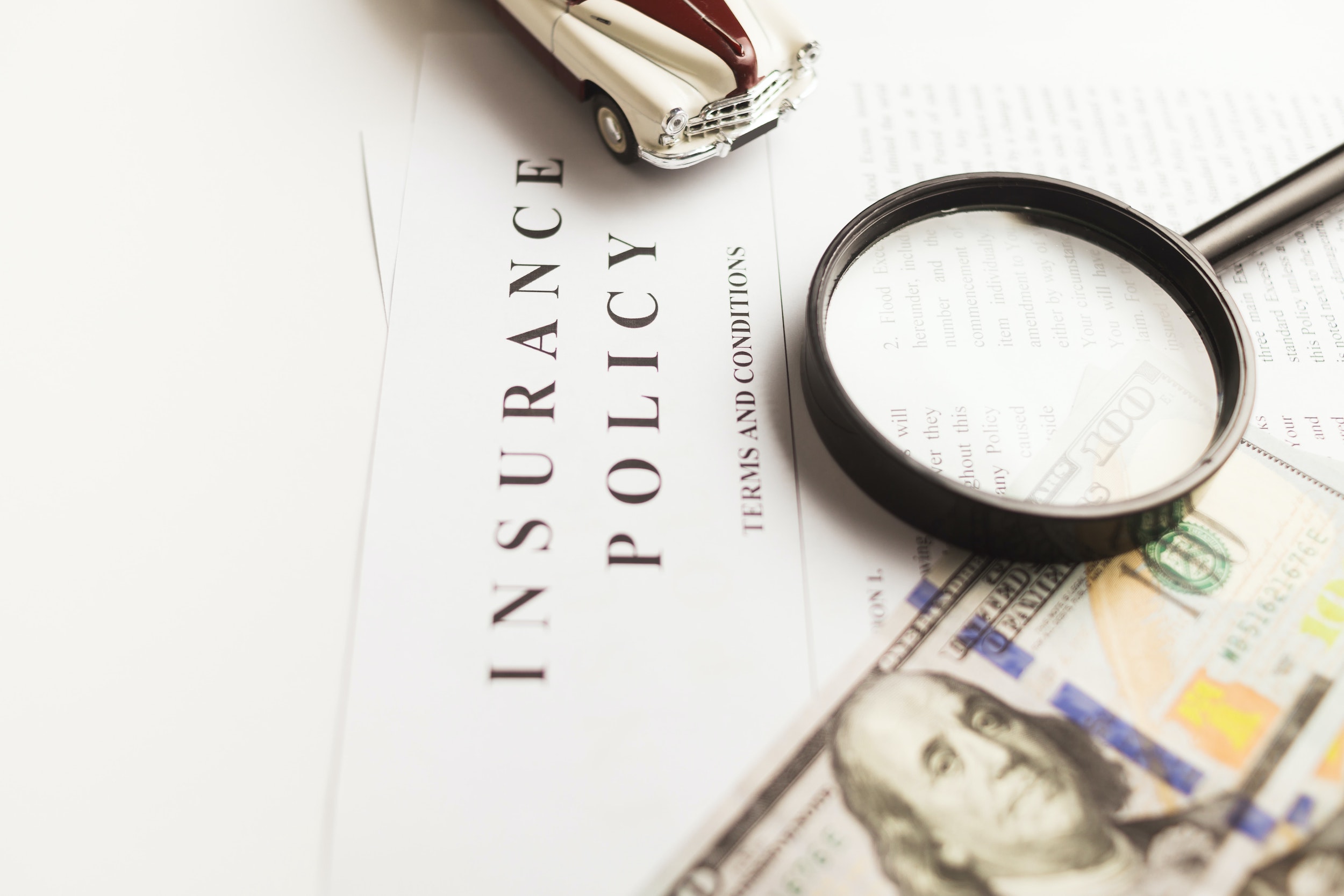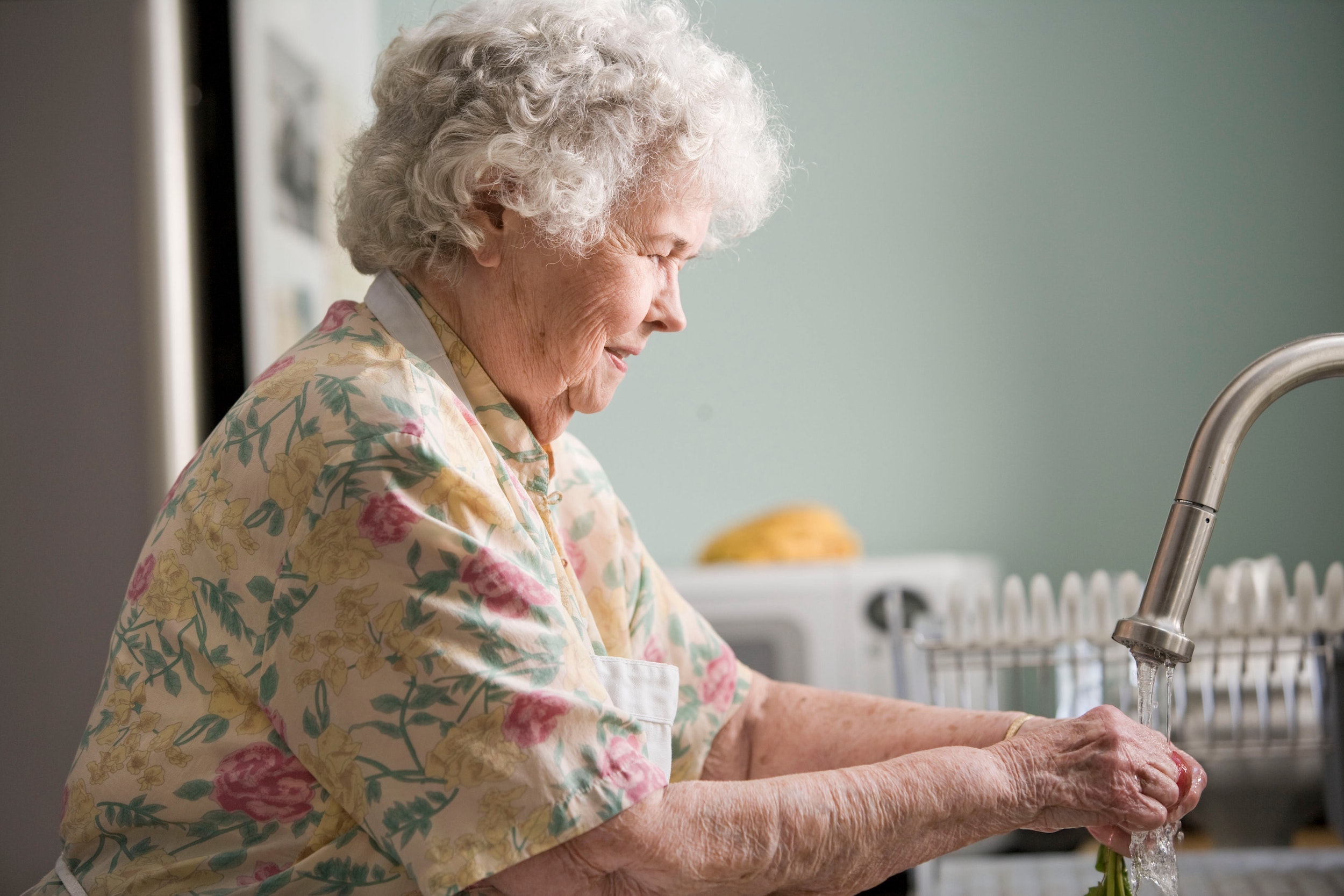Personal injury cases are complex legal proceedings that necessitate a detailed examination of evidence in order to establish fault. When prosecuting, plaintiffs seek to prove that defendant was at fault in their injuries or damages while the defense may attempt to shift blame onto them or another party. It is vital to collect and present sufficient proof in order to prove fault and win your case; here we explore how evidence plays a part in doing just that.
Types of Evidence
There are various types of evidence that can be presented in a personal injury case, including:
- Eyewitness Testimony: Statements from people who witnessed an accident provide vital clues as to who was at fault and can provide vital evidence as to who should pay damages for injuries sustained during it.
- Expert Testimony: Professional opinions can provide crucial insight into the cause, extent and long-term impacts of injuries sustained as part of expert testimony.
- Medical records: Medical records can provide proof of injuries suffered and their treatments received by the plaintiff.
- Police reports: They can give further details regarding an accident including details on who was involved and any citations issued.
- Photographs and Videos: Visual evidence such as photographs and videos can paint an accurate picture of what took place at the scene and the extent of any damages sustained.
The Importance of Evidence
Personal injury lawsuits place the onus of proof on the plaintiff, who must present evidence showing how negligence or recklessness by defendant caused injuries to them. Without sufficient proof, it may be impossible to establish fault and the case may be dismissed – so gathering as much evidence as possible to build a strong case is key to winning one.
Evidence can also have an impactful influence on how much compensation is granted to plaintiffs. If they can prove fault and demonstrate the extent of their injuries, a higher settlement or judgment could be awarded – but without sufficient proof, compensation could be significantly less or even none at all.










